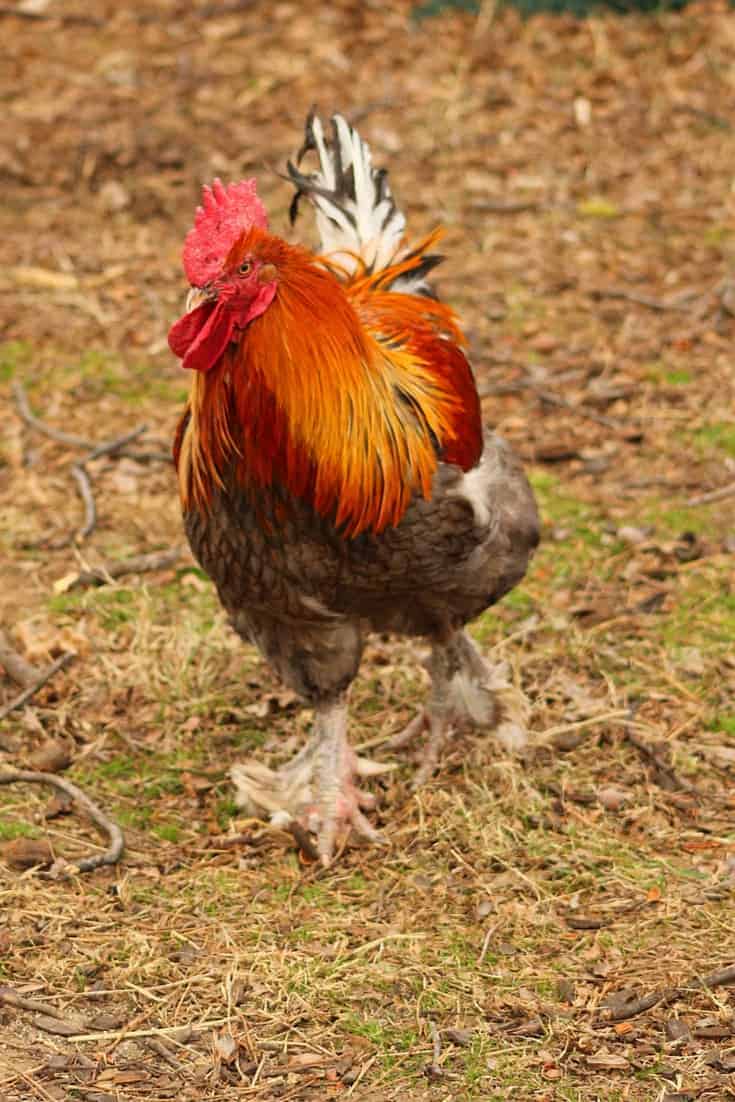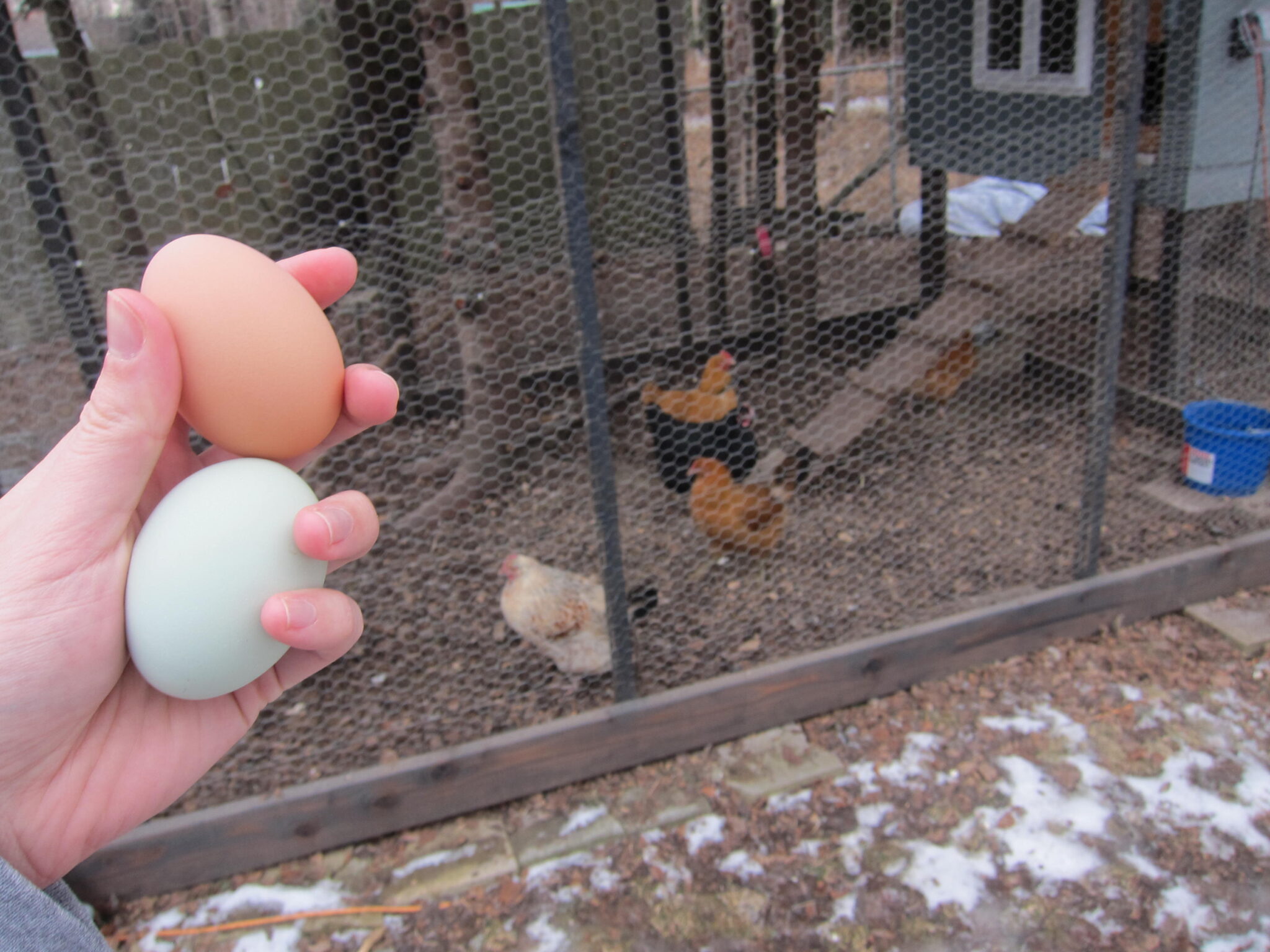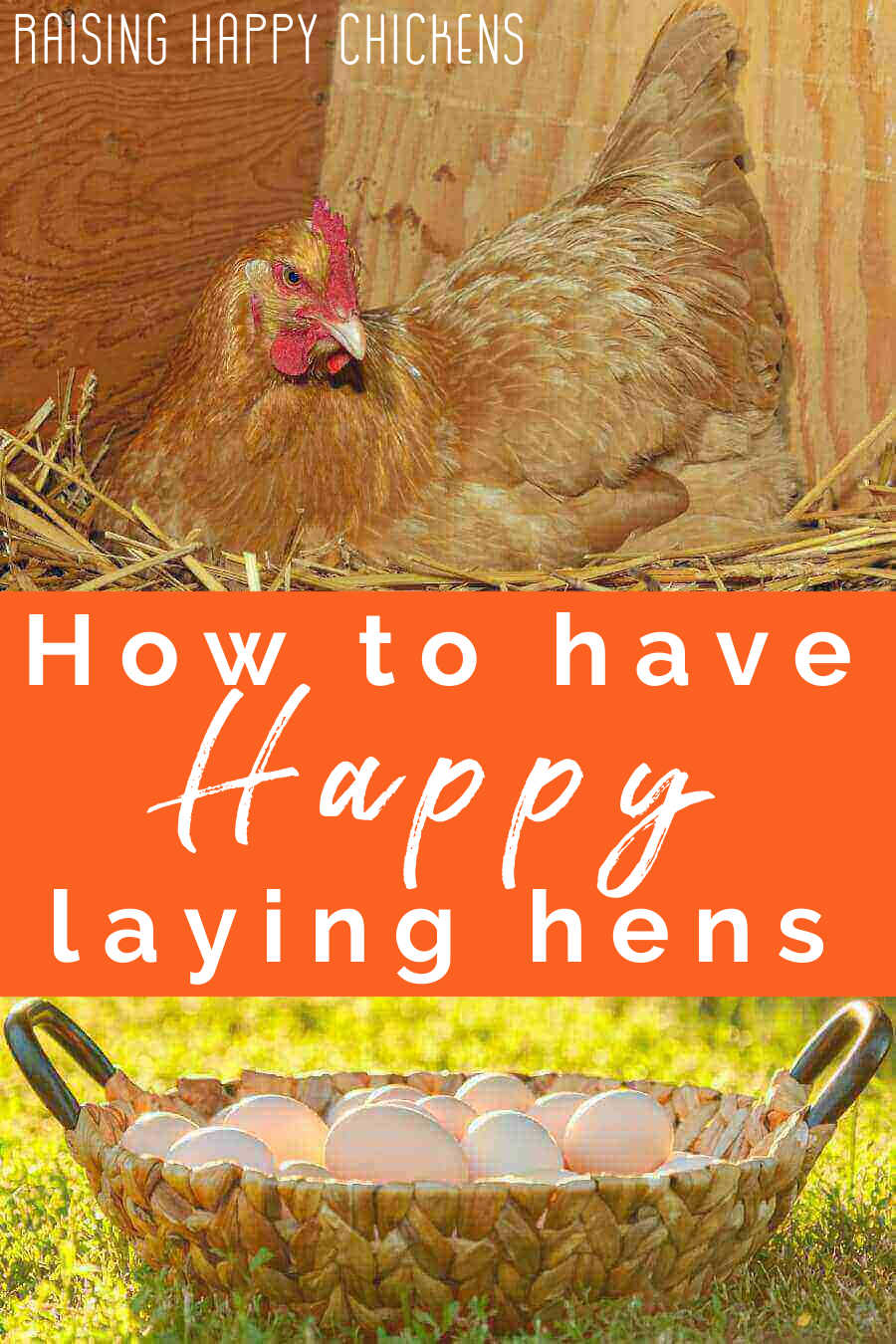Can Hens Produce Eggs Without A Rooster? A Comprehensive Guide
For those who are curious about poultry farming or simply want to understand the science behind egg production, the question of whether hens can lay eggs without a rooster is a common one. The answer might surprise you, but hens are capable of producing eggs without the presence of a rooster. However, there are nuances to this process that are worth exploring in detail. In this article, we will delve into the science behind egg-laying, the role of roosters, and the implications for both commercial and backyard poultry farming.
Understanding how hens produce eggs without a rooster is essential for anyone interested in sustainable farming practices or simply wanting to maintain a small flock at home. Whether you're raising chickens for eggs or as pets, knowing the biology behind egg production can help you make informed decisions about your flock's management.
This article will provide an in-depth exploration of the topic, supported by scientific data and expert opinions. We'll also cover practical tips for managing hens and maximizing egg production in the absence of a rooster. Let's dive in and uncover the fascinating world of egg-laying chickens!
Read also:Katy Perry Hair Blonde A Comprehensive Guide To Her Iconic Blonde Locks
Understanding the Basics of Egg Production
Egg production in hens is a biological process that occurs naturally, regardless of the presence of a rooster. Hens are biologically programmed to lay eggs as part of their reproductive cycle, but not all eggs are fertilized. The process begins with the development of an egg yolk in the hen's ovary, which eventually moves through the oviduct, where the egg white, shell membranes, and shell are added.
How Do Hens Lay Eggs?
The process of egg-laying is complex and involves several stages:
- Ovulation: The hen's ovary releases a yolk, which is the beginning of the egg.
- Oviduct Journey: The yolk travels through the oviduct, where different layers are added, including the albumen (egg white), shell membranes, and finally the shell.
- Egg Laying: The fully formed egg is laid through the cloaca, typically once a day.
This process occurs even in the absence of a rooster, as the reproductive system of a hen is designed to produce eggs regularly.
Do Hens Need a Rooster to Lay Eggs?
No, hens do not require a rooster to lay eggs. The primary role of a rooster is to fertilize eggs, which results in the production of chicks. However, if a rooster is not present, hens will continue to lay eggs, but these eggs will be infertile and incapable of hatching into chicks.
What Happens When a Rooster is Present?
When a rooster is present, it can mate with hens, leading to the fertilization of eggs. Fertilized eggs have the potential to develop into chicks if incubated properly. However, for most backyard chicken keepers or commercial egg producers, the goal is to produce eggs for consumption rather than reproduction. In such cases, the presence of a rooster is unnecessary.
The Role of Roosters in Egg Production
While roosters play an important role in fertilizing eggs, their presence is not essential for egg-laying. In fact, many chicken keepers choose to keep hens only, as roosters can be noisy and aggressive. Understanding the role of roosters in egg production can help you decide whether to include them in your flock.
Read also:David Ormsby Gore The Remarkable Life Of A Renowned British Diplomat
Advantages and Disadvantages of Keeping Roosters
Here are some pros and cons of keeping roosters:
- Advantages: Roosters protect the flock from predators and ensure the fertilization of eggs if breeding is desired.
- Disadvantages: Roosters can be loud, aggressive, and may cause stress to hens. Additionally, many urban areas have regulations against keeping roosters due to noise complaints.
Ultimately, the decision to keep a rooster depends on your goals and the local regulations in your area.
Factors Affecting Egg Production in Hens
While the presence of a rooster is not necessary for egg production, several other factors can influence how many eggs a hen lays. These include genetics, age, diet, and environmental conditions.
Genetic Factors
Different breeds of chickens have varying egg-laying capabilities. For example, White Leghorns are known for their high egg production, while heritage breeds may lay fewer eggs but offer other benefits such as better foraging abilities.
Nutritional Requirements
A balanced diet is crucial for optimal egg production. Hens require adequate protein, calcium, and vitamins to produce strong, healthy eggs. Providing a high-quality feed and ensuring access to clean water can significantly improve egg-laying performance.
How Often Do Hens Lay Eggs Without a Rooster?
In ideal conditions, a hen can lay an egg almost every day. However, the frequency of egg-laying can vary based on factors such as age, breed, and environmental conditions. Younger hens, also known as pullets, tend to lay more frequently than older hens. As hens age, their egg production naturally decreases.
Seasonal Variations in Egg Production
Egg production can also be influenced by seasonal changes. During the shorter days of winter, hens may lay fewer eggs due to reduced daylight exposure. Providing supplemental lighting in the coop can help maintain egg production during these periods.
Can Infertile Eggs Be Consumed?
Yes, infertile eggs are perfectly safe to eat and are, in fact, the type of eggs most commonly consumed by people. Infertile eggs have no difference in nutritional value compared to fertilized eggs, as the fertilization process does not alter the egg's composition. Many people prefer infertile eggs because they do not have the potential to develop into chicks.
How to Identify Infertile Eggs
Infertile eggs look and taste the same as fertilized eggs. The only difference is that they cannot hatch into chicks. To determine whether an egg is fertilized, you would need to examine it under specific conditions, such as candling the egg after a few days of incubation.
Common Myths About Egg Production
There are several myths surrounding egg production in hens. Let's address some of the most common misconceptions:
Myth 1: Hens Need a Rooster to Lay Eggs
This is one of the most widespread myths. As we've discussed, hens can and do lay eggs without a rooster. The only difference is that these eggs are infertile.
Myth 2: Infertile Eggs Are Less Nutritious
There is no difference in the nutritional value between fertile and infertile eggs. Both types of eggs provide the same health benefits and are safe to consume.
Practical Tips for Maximizing Egg Production
Whether you're a backyard chicken keeper or a commercial farmer, there are several strategies you can employ to maximize egg production:
Provide a Balanced Diet
Ensure your hens have access to a high-quality diet that includes sufficient protein, calcium, and vitamins. Layer feed specifically formulated for egg-laying hens is an excellent choice.
Maintain a Clean Environment
A clean coop and nesting area can help prevent disease and stress, both of which can negatively impact egg production. Regularly clean the coop and provide fresh bedding to keep your hens healthy and happy.
Conclusion
In summary, hens can and do produce eggs without the presence of a rooster. The eggs laid by hens in the absence of a rooster are infertile and perfectly safe for consumption. Understanding the biology behind egg production, as well as the factors that influence it, can help you make informed decisions about managing your flock.
We encourage you to share your thoughts and experiences in the comments below. If you found this article helpful, please consider sharing it with others who might benefit from the information. For more articles on poultry farming and related topics, explore our website further.
Table of Contents
- Understanding the Basics of Egg Production
- Do Hens Need a Rooster to Lay Eggs?
- The Role of Roosters in Egg Production
- Factors Affecting Egg Production in Hens
- How Often Do Hens Lay Eggs Without a Rooster?
- Can Infertile Eggs Be Consumed?
- Common Myths About Egg Production
- Practical Tips for Maximizing Egg Production
- Conclusion
Source: Poultry World, PennState Extension


